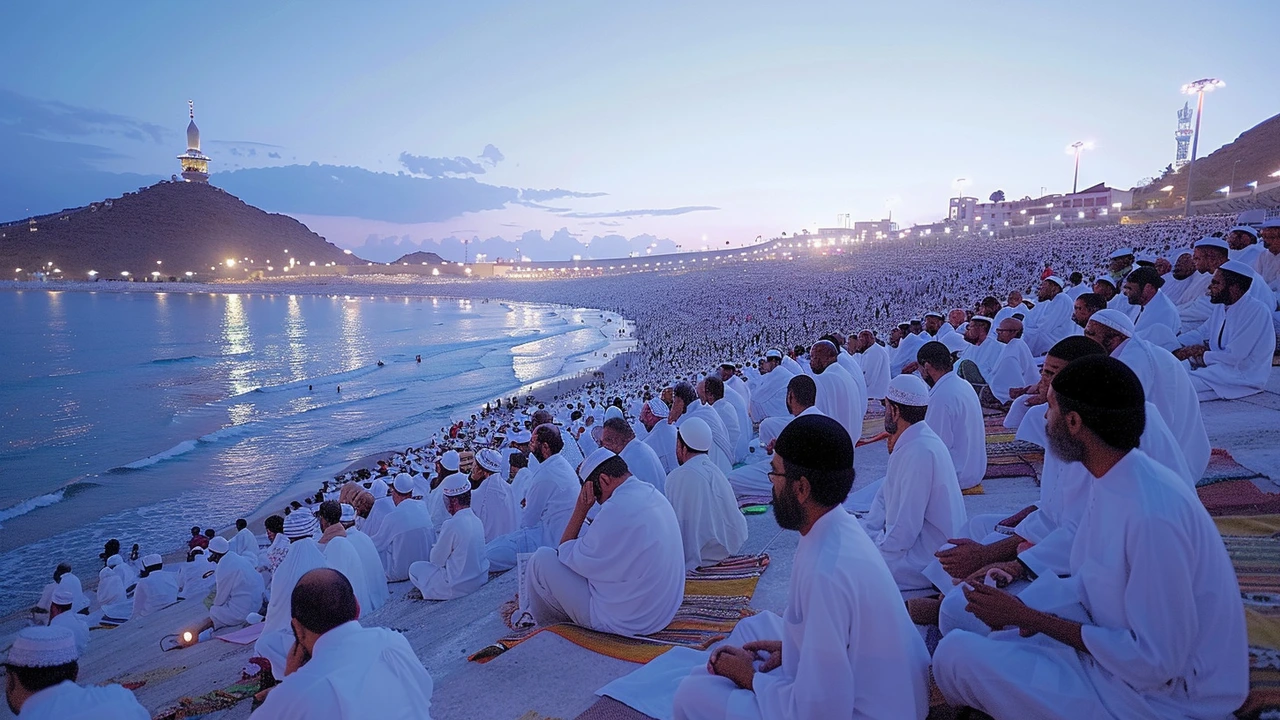Muslim Rituals: What You Need to Know
Muslim rituals shape daily life for over a billion people worldwide. If you want clear, practical info about common practices—what they mean and how to behave—this guide helps. You’ll get short explanations of the main rites and useful tips for attending or reporting on Muslim events.
Daily rituals and key rites
Salah (prayer) is five times a day: dawn, midday, mid-afternoon, sunset and night. Each prayer has set movements and recitations. Before praying, many perform wudu (ablution), which is a quick wash of hands, face and feet to be clean. Mosques are quiet spaces for prayer; remove shoes, dress modestly and keep your voice low.
Ramadan is the month of fasting. Muslims fast from dawn to sunset—no food, drink, smoking or intimate activity during daylight. The fast ends each day with iftar, the evening meal. Ramadan also brings more prayers, charity, and community meals. Eid al-Fitr marks the end of Ramadan with special prayers and celebrations. Eid al-Adha follows the Hajj pilgrimage and focuses on sacrifice, family meals, and charity.
Hajj is the annual pilgrimage to Mecca required at least once for those who can afford it and are physically able. It has specific rites over several days. Umrah is a shorter pilgrimage done any time of year. Both involve circles around the Kaaba, walking between two hills, and symbolic acts that trace the story of Abraham and his family.
Zakat is an obligation to give a small portion of wealth to those in need. It’s not a voluntary donation but a core pillar of Islam meant to support the poor and keep communities stable. Halal refers to what’s allowed—food, business practices and daily conduct. Haram means forbidden.
Practical tips for visitors and reporters
Heading to a mosque, home celebration or public event? Dress modestly: cover arms and legs, and women may wear a headscarf if visiting certain spaces. Always ask before taking photos. If you enter a prayer area, keep quiet and avoid stepping in front of worshippers.
During Ramadan, avoid eating or drinking in public in observant areas to be respectful. If you’re reporting, check timing for prayers and major events—Jummah (Friday) prayers draw big congregations and are a key news moment. For sensitive topics, speak with local community leaders and verify facts; rituals often have local variations tied to culture and history.
Across Africa and elsewhere, Muslim rituals mix with local customs. That means you might see different foods, clothing styles or community routines while the core practices stay the same. If you want daily updates and stories about how rituals shape life across the continent, browse our tagged coverage on CottonCandi News for eyewitness reports and local perspectives.
